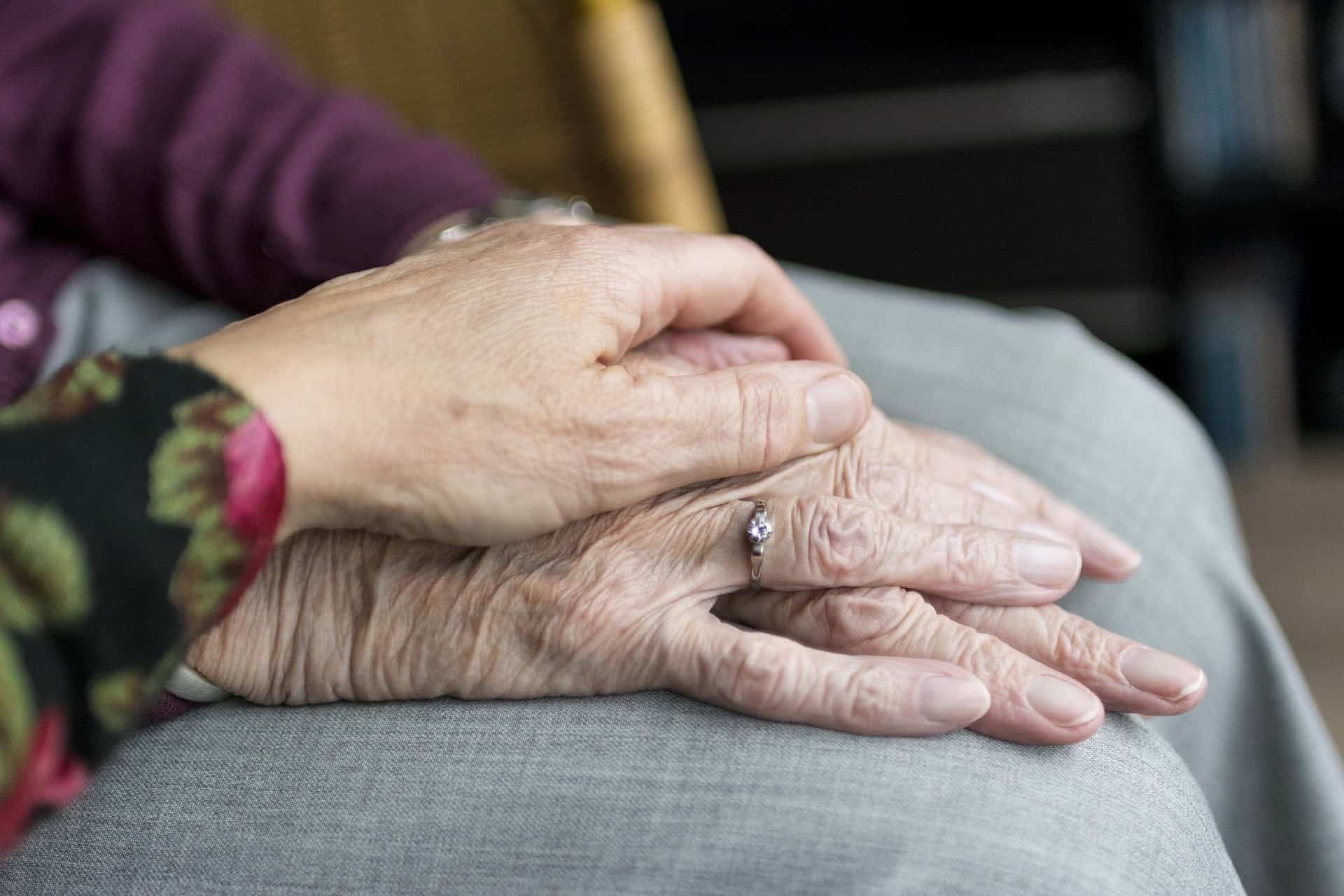Genetics of Longevity: Decoding the DNA’s Role in Aging
Embark on a journey to understand the impact of genetics on longevity. Explore how DNA influences aging and unlocks the secrets to a long life.
Introduction
Welcome to the intriguing domain of longevity genetics. In this expedition, we’ll delve into how our DNA – the very blueprint of life – impacts aging and longevity. By unraveling the complex interplay of genes and aging, we gain valuable insights into the secret of a long life.
The Intersection of Genetics and Longevity
Our genes lay the groundwork for our lifespan. Scientists have long studied the role of DNA in determining longevity, revealing a complex and nuanced connection. Specific genes and their variants are associated with longevity, underpinning the role of genetics in shaping our lifespan.
“Nothing in biology makes sense except in the light of evolution.” – Theodosius Dobzhansky.
Comprehending the genetics of longevity can shine a light on our quest for a long, healthy life.
Delving into Longevity Genes
Longevity genes are the guardians of our lifespan. Specific genes and their variants, such as FOXO3, APOE, and SIRT1, are consistently associated with human longevity. These genes play crucial roles in various biological processes like metabolism, DNA repair, and cellular defense mechanisms, thereby influencing our lifespan.
“Genetics is about how information is stored and transmitted between generations.” – John Maynard Smith.
Understanding the workings of these longevity genes provides us with a glimpse into the DNA’s role in aging and longevity.
DNA Damage and Aging
DNA damage is a silent instigator of aging. As we age, the frequency of DNA damage increases due to environmental and endogenous factors. Our genes and their ability to repair this damage can significantly impact the aging process and, in turn, our longevity.
“Your genetics load the gun. Your lifestyle pulls the trigger.” – Mehmet Oz.
Appreciating the interplay of DNA damage and aging deepens our understanding of the genetic aspects of longevity.
Personal Anecdote
Reflecting on the role of genetics in longevity, I am reminded of my own family history. I have always marveled at the longevity that runs in my family, especially my great-grandmother who lived to the ripe age of 100. She was physically active and mentally sharp until her last days, leaving us all in awe of her resilience and vitality.
Despite experiencing challenging times, she managed to maintain her health, a trait that she believed was hereditary, passed down through generations. She would always remind us that our family’s longevity was a gift intertwined with our DNA. This personal connection to the topic of longevity genetics only strengthens my fascination and respect for the wonders of our DNA.
Conclusion
The role of genetics in longevity is undeniably profound. It offers a window into the biological underpinnings of aging, adding another layer to our understanding of a long, healthy life. As we continue to decipher the DNA’s role in aging, we become better equipped to unlock the secrets of longevity hidden in our genes.
Reader’s Takeaway
The genetics of longevity is a complex and fascinating subject. Our genes, through various biological processes, can significantly impact our lifespan. Understanding the interplay of genes and aging can provide valuable insights into the secrets of longevity locked within our DNA.
FAQs
What is the relationship between genetics and longevity?
Answer: Genetics plays a pivotal role in determining longevity. Specific genes and their variants are associated with lifespan, demonstrating how our DNA influences aging and longevity.
What are longevity genes?
Answer: Longevity genes are specific genes associated with extended lifespan. Examples include FOXO3, APOE, and SIRT1, which influence biological processes like metabolism, DNA repair, and cellular defense mechanisms.
How does DNA damage impact aging?
Answer: As we age, DNA damage increases due to environmental and endogenous factors. The ability of our genes to repair this damage can significantly impact the aging process and our lifespan.
How can understanding the genetics of longevity benefit us?
Answer: Understanding the genetics of longevity can provide valuable insights into the biological aspects of aging. This knowledge can guide strategies for promoting longevity and healthy aging.
Is longevity purely a matter of genetics?
Answer: While genetics plays a significant role in longevity, it’s not the sole determinant. Lifestyle factors, such as diet, exercise, and stress management, also contribute to lifespan.
Keywords: Genetics, longevity, DNA, aging, lifespan, longevity genes, DNA damage.
References
- National Human Genome Research Institute
- Human Longevity Project
- American Journal of Human Genetics
- Genome Research
- Nature Reviews Genetics
- Science Magazine
- The Journals of Gerontology: Series A
- Aging Cell
- Cell Metabolism
- The Journal of Biological Chemistry

